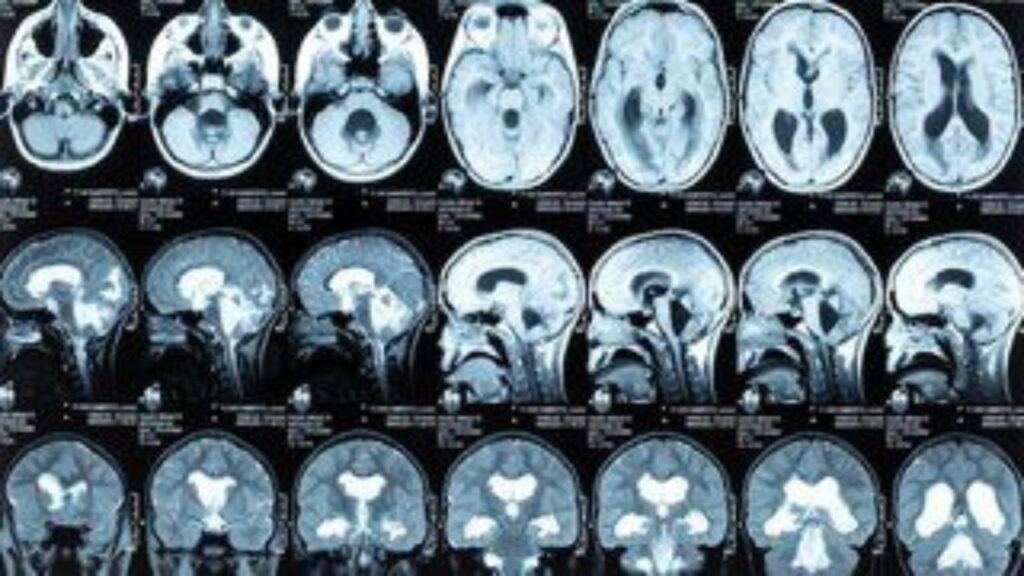This Simple Blood Test Could Reveal Your Alzheimer’s Risk Decades Before Symptoms Start

This Simple Blood Test Could Reveal Your Alzheimer’s Risk Decades Before Symptoms Start
In recent times, the APOE genotype test has been making headlines for its role in identifying early risk of Alzheimer’s disease. This simple blood test looks at your genes and gives clues about how your brain handles a harmful protein called amyloid-beta. When this protein builds up, it may form sticky plaques in the brain, a major factor linked to Alzheimer’s disease.
But that’s not all. The test is also connected to understanding risks for heart disease and problems with cholesterol. Here’s what you need to know, explained in simple terms.
What Is the APOE Gene?
Everyone carries a gene called APOE, which helps your body move fats like cholesterol through the blood. There are three main types of this gene: APOE2, APOE3, and APOE4. You inherit one from each parent. Most people have APOE3, which is considered neutral. But if you have APOE4, your risk of developing Alzheimer’s disease and heart-related problems could be higher.
Alzheimer’s Risk and APOE
Alzheimer’s disease is a condition that slowly damages memory and thinking. It usually shows up in older adults, but the damage may begin many years before symptoms appear. The APOE genotype test can help people understand their risk early, even decades before memory problems begin.
People with one copy of APOE4 may have two to three times higher risk of Alzheimer’s. Those with two copies could have up to 12 times the risk. However, this does not mean that they will definitely get the disease. It only shows a higher chance, and early awareness can help guide better lifestyle choices.
What Else Does the Test Show?
The APOE test can also be useful for understanding certain heart and cholesterol conditions. For example, people with two copies of APOE2 may have very high triglycerides, which can lead to a rare disorder known as familial dysbetalipoproteinemia. This condition causes fat to build up under the skin and increases the risk of early heart disease.
Why People Are Paying Attention Now
More people are becoming interested in prevention and early testing, especially when it comes to memory loss and brain health. The APOE test is one step in that direction. While it is not meant for general screening, it can offer valuable insights when used carefully under medical guidance.
It’s important to remember that your genes are just one part of the puzzle. Lifestyle choices like diet, exercise, sleep, and stress management also play a big role in keeping your brain and heart healthy.












